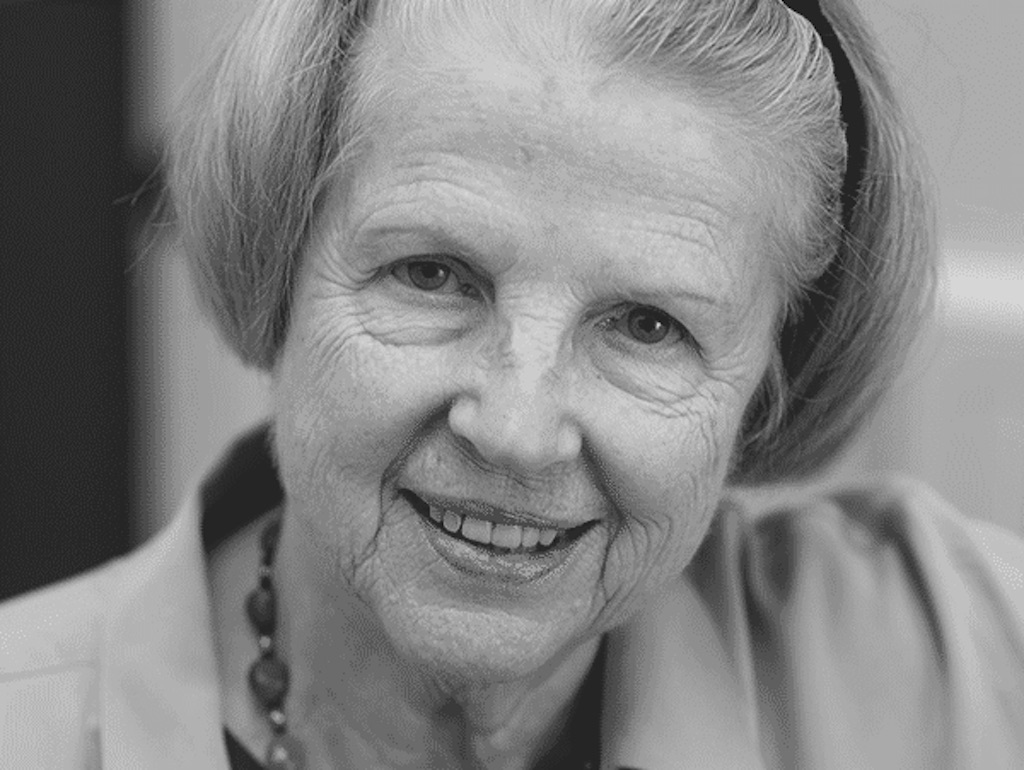Click here and press the right key for the next slide (or swipe left)
also ...
Press the left key to go backwards (or swipe right)
Press n to toggle whether notes are shown (or add '?notes' to the url before the #)
Press m or double tap to slide thumbnails (menu)
Press ? at any time to show the keyboard shortcuts
Bok and Sen on Sidgwick’s Dilemma
Old Question (Bad)
Is nationality a ‘morally irrelevant characteristic’?
New Question (Better)
Is nationality morally irrelevant to how people of different nationalities should be treated or valued?

‘Henry Sidgwick took the contrast between [...] two perspectives to be so serious as to threaten any coherent view of ethics.
On one hand, he held as the fundamental principle of ethics “that another’s greater good is to be preferred to one’s own lesser good.” According to this principle, any sacrifice on one’s own part would be called for, so long as it could achieve a greater good for others, no matter where they lived.
On the other hand, Sidgwick also accepted what he called the common-sense view that our obligations to help others differ depending on the relationships in which we stand to them---relationships of family member, friend, neighbor, and fellow citizen.’
Bok 1996, p. 40

‘our common humanity has perspicuous moral relevance’
‘one’s fundamental allegiance is to humanity at large’
The primary thing is to ‘bring everyone into the domain of concern, without eliminating anyone’
After that, we may find reason to give ‘additional weight to the interests of those who are linked to us in some significant way’
Sen, 1996 p. 114

‘Henry Sidgwick took the contrast between [...] two perspectives to be so serious as to threaten any coherent view of ethics.
On one hand, he held as the fundamental principle of ethics “that another’s greater good is to be preferred to one’s own lesser good.” According to this principle, any sacrifice on one’s own part would be called for, so long as it could achieve a greater good for others, no matter where they lived.
On the other hand, Sidgwick also accepted what he called the common-sense view that our obligations to help others differ depending on the relationships in which we stand to them---relationships of family member, friend, neighbor, and fellow citizen.’
Bok 1996, p. 40